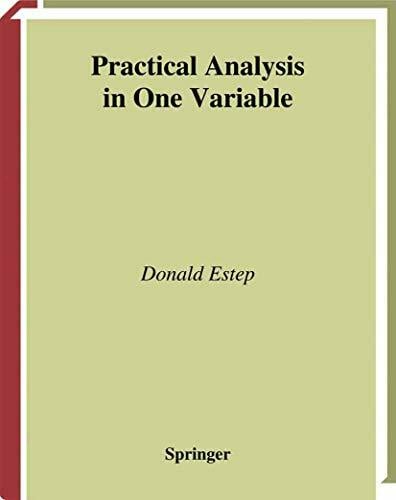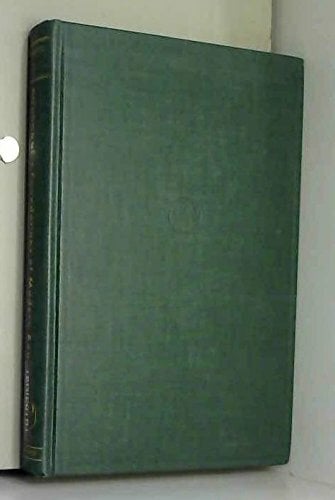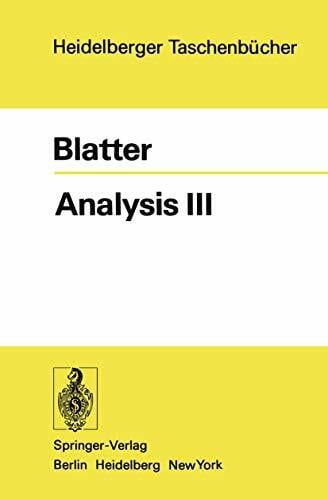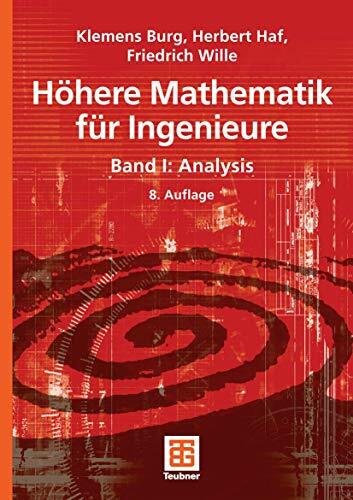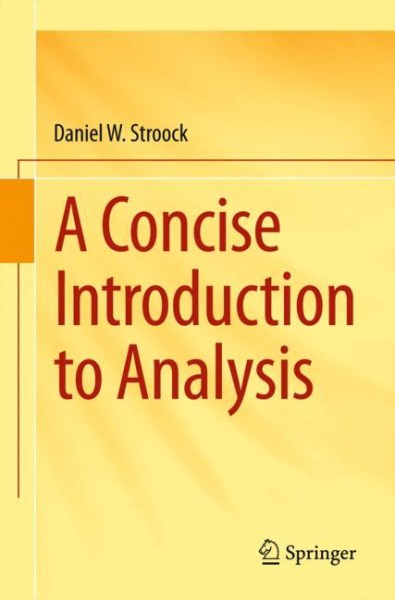
A Concise Introduction to Analysis
Kurzinformation
inkl. MwSt. Versandinformationen
Artikel zZt. nicht lieferbar
Artikel zZt. nicht lieferbar

Beschreibung
This book provides an introduction to the basic ideas and tools used in mathematical analysis. It is a hybrid cross between an advanced calculus and a more advanced analysis text and covers topics in both real and complex variables. Considerable space is given to developing Riemann integration theory in higher dimensions, including a rigorous treatment of Fubini's theorem, polar coordinates and the divergence theorem. These are used in the final chapter to derive Cauchy's formula, which is then applied to prove some of the basic properties of analytic functions. Among the unusual features of this book is the treatment of analytic function theory as an application of ideas and results in real analysis. For instance, Cauchy's integral formula for analytic functions is derived as an application of the divergence theorem. The last section of each chapter is devoted to exercises that should be viewed as an integral part of the text. A Concise Introduction to Analysis should appeal to upper level undergraduate mathematics students, graduate students in fields where mathematics is used, as well as to those wishing to supplement their mathematical education on their own. Wherever possible, an attempt has been made to give interesting examples that demonstrate how the ideas are used and why it is important to have a rigorous grasp of them.
Produktdetails

So garantieren wir Dir zu jeder Zeit Premiumqualität.
Über den Autor
Before he retired, Stroock had been on the faculty of several universities, most recently M.I.T. The majority of his work has to do with analytic aspects of probability theory, especially the application of probability theory to partial differential equat

- Kartoniert
- 428 Seiten
- Erschienen 2003
- Springer

- Gebunden
- 544 Seiten
- Erschienen 2022
- De Gruyter

- Kartoniert
- 374 Seiten
- Erschienen 2018
- Springer Spektrum

- Hardcover -
- Erschienen 2000
- Springer

- Kartoniert
- 556 Seiten
- Erschienen 2021
- Springer Spektrum

- Kartoniert
- 310 Seiten
- Erschienen 2007
- De Gruyter Oldenbourg

- Gebunden
- 538 Seiten
- Erschienen 2018
- Springer

- hardcover -
- Erschienen 1996
- Pearson

- Kartoniert
- 449 Seiten
- Erschienen 1995
- De Gruyter

- Kartoniert
- 272 Seiten
- Erschienen 2004
- Springer
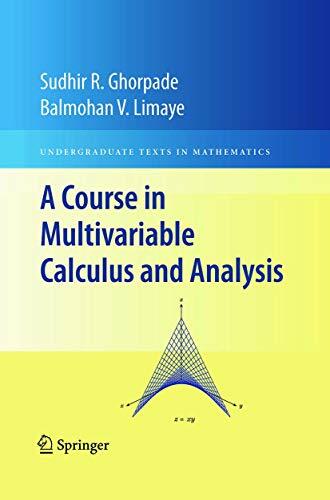
- Gebunden
- 488 Seiten
- Erschienen 2009
- Springer
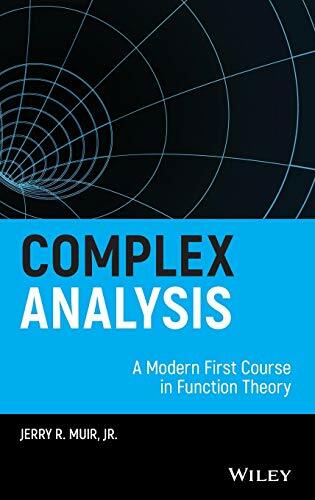
- hardcover
- 280 Seiten
- Erschienen 2015
- Wiley

- hardcover
- 640 Seiten
- Erschienen 1993
- Brooks/Cole








